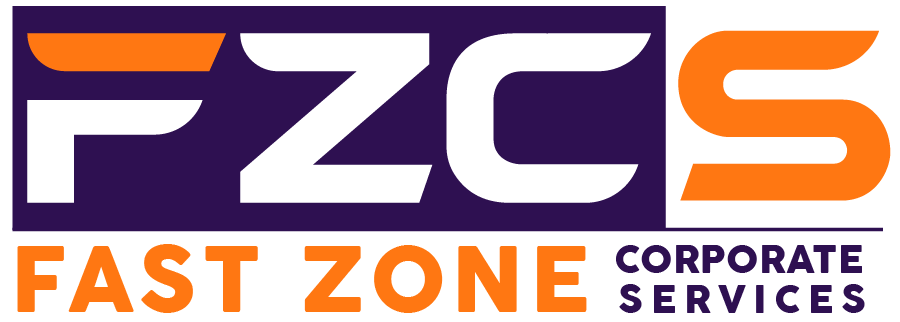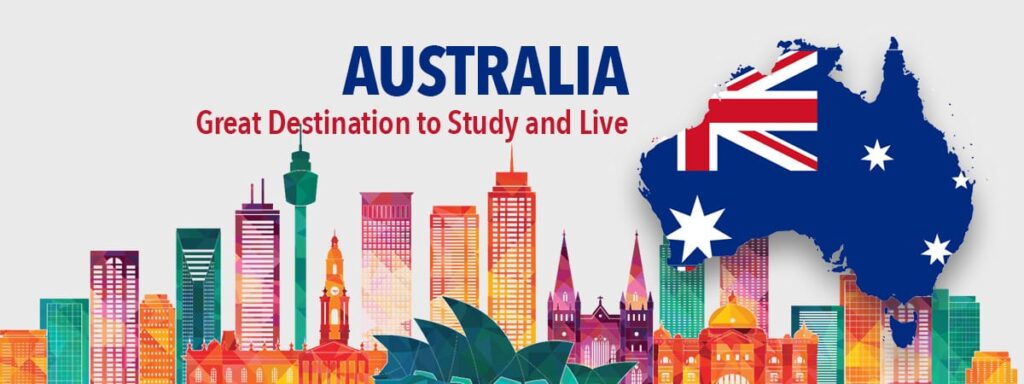
About India Visa
India offers various types of visas for individuals wishing to visit, work, study, or engage in other activities in the country. Here’s an overview of the different types of Indian visas:
- Tourist Visa (T Visa): The Tourist Visa is for individuals who wish to visit India for tourism, sightseeing, visiting family or friends, or attending events or conferences. Tourist visas are typically granted for short-term stays and may be single entry, double entry, or multiple entry.
- Business Visa (B Visa): The Business Visa is for individuals who wish to visit India for business-related activities such as meetings, negotiations, or exploring investment opportunities. Business visas may be granted for short-term stays and are typically sponsored by an Indian company or organization.
- Employment Visa (E Visa): The Employment Visa is for individuals who have secured a job offer from an Indian employer and wish to work in India. Employment visas are typically granted for long-term stays and may require approval from the Ministry of Home Affairs.
- Student Visa (S Visa): The Student Visa is for individuals who wish to pursue full-time education in India at a recognized educational institution. Student visas are typically granted for the duration of the course of study and may include permission to work part-time during term and full-time during scheduled breaks.
- Research Visa: The Research Visa is for individuals who wish to conduct research or academic work in India. Research visas are typically granted to scholars, researchers, or scientists affiliated with recognized institutions.
- Medical Visa (M Visa): The Medical Visa is for individuals who wish to travel to India for medical treatment or procedures. Medical visas may be granted for the patient and accompanying family members or caregivers.
- Conference Visa: The Conference Visa is for individuals who wish to attend conferences, seminars, workshops, or other similar events in India. Conference visas are typically granted for the duration of the event and may require an invitation from the event organizers.
- Transit Visa (TR Visa): The Transit Visa is for individuals who need to pass through India en route to another destination. Transit visas allow for a short stopover in India and are typically granted for up to 15 days.
- Entry Visa: Entry visas may be granted for certain specific purposes such as sports, journalism, or mountaineering. These visas are issued based on the nature of the activity and may have specific requirements or conditions.
Additional Information:
Certainly! Here’s some additional information about Indian visas, along with key benefits and considerations:
- Visa Application Process: The visa application process for India typically involves completing an online application form, uploading supporting documents (such as passport photos, a copy of the passport, and proof of travel arrangements), paying the applicable visa fee, and scheduling an appointment at the nearest Indian embassy or consulate for biometric data collection and submission of documents. Some types of visas may require additional documents or approvals from Indian authorities.
- Visa Validity and Duration of Stay: The validity of an Indian visa refers to the period during which the visa holder can enter India, while the duration of stay refers to the length of time the visa holder is allowed to remain in the country after each entry. It’s essential to pay attention to both the validity and duration of stay specified on the visa to avoid overstaying or violating visa conditions.
- e-Visa Facility: India offers an electronic visa (e-Visa) facility for citizens of over 160 countries, allowing them to apply for certain types of visas online without the need to visit an Indian embassy or consulate. e-Visas are available for tourism, business, medical treatment, and conferences, and they offer a convenient and streamlined application process.
- Visa Extensions and Conversions: In certain circumstances, it may be possible to extend the validity of an Indian visa or convert one type of visa into another while in India. Visa extensions and conversions are typically granted for specific reasons, such as continued travel, medical treatment, or changes in employment or study arrangements. Applicants should apply for extensions or conversions well in advance of the visa expiration date.
- Overseas Citizen of India (OCI) Card: The OCI card is available to foreign nationals of Indian origin who wish to have lifelong visa-free travel to India and certain other benefits. The OCI card is not a visa but provides many of the same benefits as Indian citizenship, including the ability to live and work in India indefinitely.
- Restricted/Protected Area Permits: Some regions of India, particularly border areas, require special permits for foreign nationals to visit. These permits, known as Restricted Area Permits (RAP) or Protected Area Permits (PAP), are typically obtained through the Indian embassy or consulate and are subject to approval from Indian authorities.
- Language Requirements: English is widely spoken and understood in India, particularly in urban areas and tourist destinations. While knowledge of Hindi or other Indian languages may be beneficial, it is not typically a requirement for obtaining a visa or traveling in India.
- Health Precautions: Travelers to India should be aware of health precautions and may need to obtain vaccinations or take other preventive measures, depending on the areas they plan to visit and the time of year. It’s advisable to consult with a healthcare provider or travel clinic before traveling to India.
Immigration Opportunitie
A provider of Global Immigration and Citizenship solutions to a discerning few. Can-Quest International can make the goal of securing this status for your family a reality and in the shortest time possible. Canada, Australia, USA, St. Kitts & Nevis, Portugal, etc, are some of the many options available.
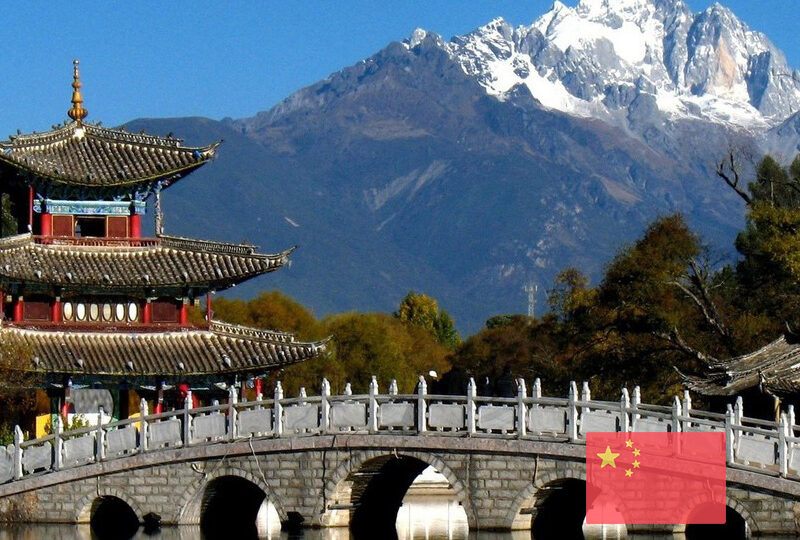
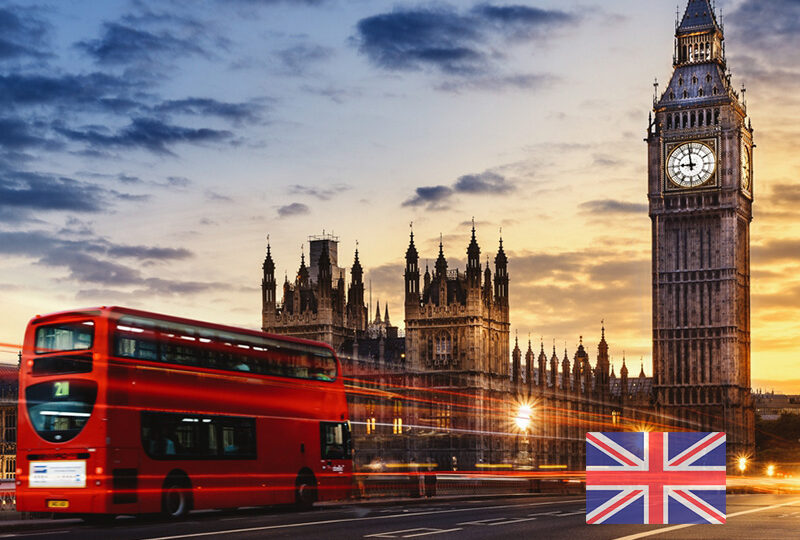
Austraila
Prepare all required documents for your visa application, such as a valid passport, completed visa…
Read more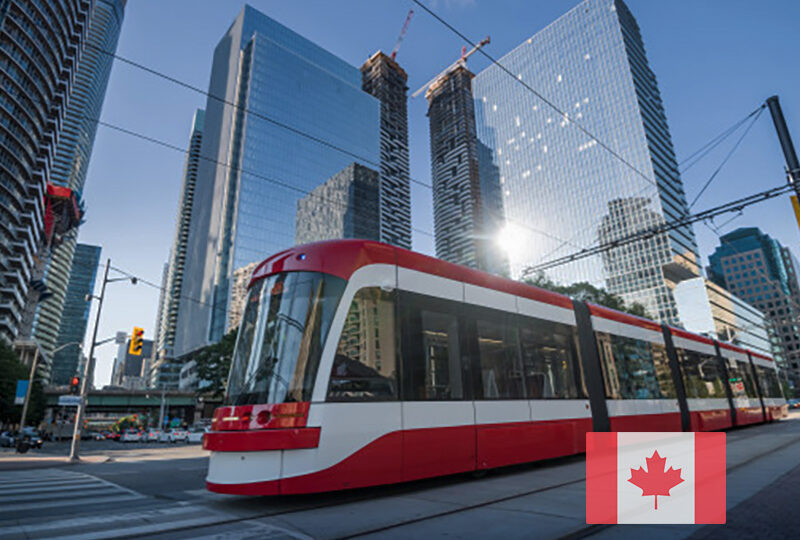
UAE
This type of visa is for individuals visiting the UAE for tourism purposes. Tourist visas…
Read more

United Kingdom
The United Kingdom (UK) offers various types of visas for individuals wishing to visit, work,…
Read more